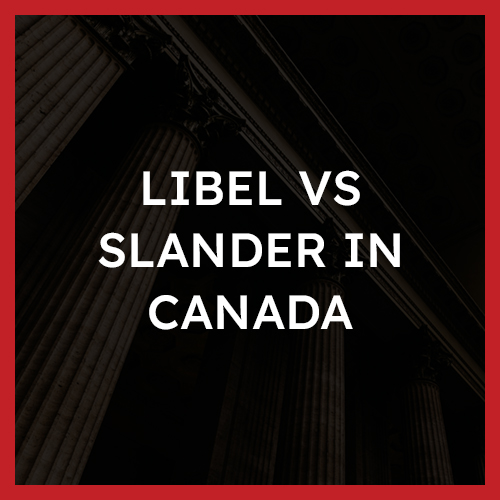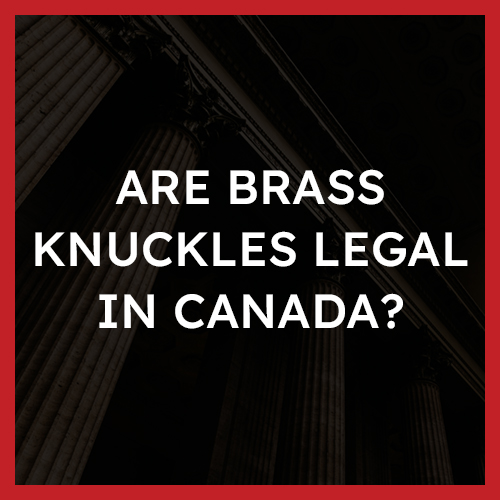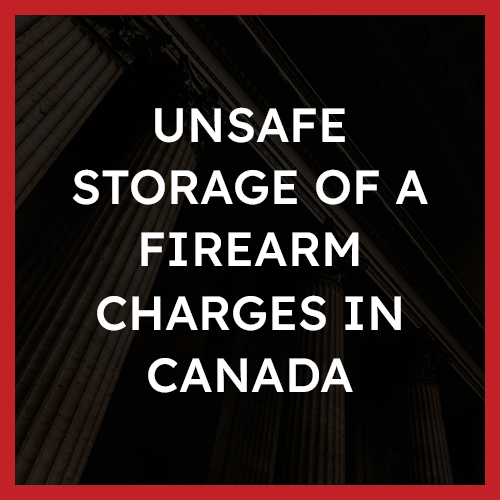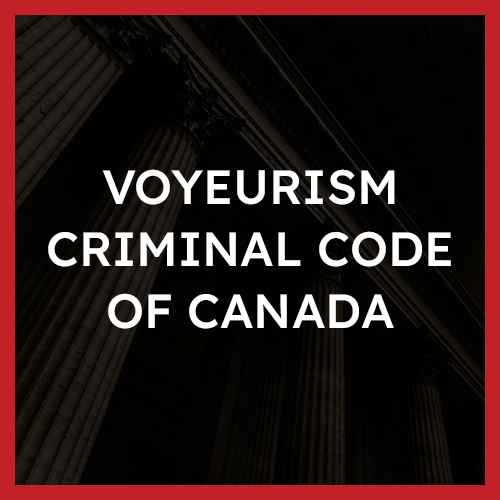Libel vs Slander in Canada: What’s the Difference?

What is the difference between libel and slander?
While both are untrue statements, libel includes statements which are made in writing, and slander includes statements made orally. Both types of statements in nature must have the capacity to diminish the target’s reputation (this is a reasonable person test where the court asks, would the reasonable person perceive the statements as having had the effect of tarnishing the target’s reputation). Defamation occurs when the message reached at least one other person.
Libel is often easier to prove than slander because there exists a permanent record of it. Additionally, the statements made must have been perceived as factual. Opinions, for example, are not considered defamatory. Most of the cases that the courts come face to face with are defamation via libel cases.
Slander is defamation without a record and the false oral statement harms the person’s reputation. Both slander and libel are treated differently under the law. For instance, in a civil law setting (i.e., a private party sues another private party for slander), the claimant must prove that the slanderous statements caused financial loss. There are a few exceptions to this such as showing that the false statement accused the target of crime, adultery, having a contagious disease, negative remarks regarding the integrity of your work or work ethic, etc.
What kinds of communication can amount to libel?
Communications that may amount to libel can include:
- Newspaper articles
- Television broadcasts
- Radio broadcasts
- Emails
- Social media posts
- Blog posts
- Podcasts
Is Defamation a Criminal Offence?
The Offence
A person can be held both criminally and civilly liable for defamation. However, slander is not a crime, only libel. Sections 298-316 of the Criminal Code address Defamatory Libel.
Definition
- 298(1) A defamatory libel is matter published, without lawful justification or excuse, that is likely to injure the reputation of any person by exposing him to hatred, contempt or ridicule, or that is designed to insult the person of or concerning whom it is published.
Mode of expression
(2) A defamatory libel may be expressed directly or by insinuation or irony
- (a)in words legibly marked on any substance; or
- (b)by any object signifying a defamatory libel otherwise than by words.
- S., c. C-34, s. 262
Publishing
299 A person publishes a libel when he
- (a) exhibits it in public;
- (b) causes it to be read or seen; or
- (c) shows or delivers it, or causes it to be shown or delivered, with intent that it should be read or seen by any person other than the person whom it defames.
Punishment
While publishing libel is criminal regardless of whether the statements are, the punishment for publishing libel which is known to be false can be potentially far more serious. If prosecuted via indictment, one is liable to a term of imprisonment not exceeding 5 years, and if prosecuted summarily, liable to a maximum fine of $5000 and/or a term of imprisonment not exceeding two years less a day (see: s. 300 of the Criminal Code) If, however, the publisher is unaware that the statements being published are false, they may still be liable to a term of imprisonment not exceeding two years if prosecuted via indictment, or if prosecuted summarily to no more than two years less a day imprisonment (see: section 301 of the Criminal Code).
Defences
If accused criminally of defamation, there do exist some defences. These are only available based on the circumstances of one’s particular case.
Some of these defences include:
- Publishing proceedings of courts of justice – no person is liable for defamation where the reason for the publishment was in a court proceeding or in relation to a governmental inquiry (see: 305 of the Criminal Code).
- Parliamentary papers – no person is liable for defamation where they publish the libel to the Senate or the House of Commons or under the order of either legislature (see: 306 of the Criminal Code).
- Fair reports of parliamentary or judicial proceedings – no person is liable for defamation where they publish in good faith, libel with relevance to the proceeding within the Senate, House of Commons, or judicial court (exception in family law cases) (see: 307 of the Criminal Code).
- Fair report of public meeting – no person is liable for defamation if they publish libel in good faith to report on a public meeting so long as the meeting is lawfully convened, the report is fair and accurate, the publication is of the public interest and it contradiction is permitted to be published alongside the statement (see: 308 of the Criminal Code).
- Public benefit – no person shall be liable for defamation where he believes on reasonable grounds, that the statement(s) are true and that it is relevant to the public interest (see: 309 of the Criminal Code).
- Fair comment on public person or work of art – no person is liable for defamation where they criticize of a public figure or their works (see: 310 of the Criminal Code).
- Truth – no person is liable for defamation if at the time of publishment, the statements made were true (see: 311 of the Criminal Code).
- Publication invited or necessary – no person is liable for defamation where they were invited by the target to do so or where it was necessary to refute defamation of oneself (see: 312 of the Criminal Code).
- Answer to inquiries – no person is liable for defamation where he answers to inquiries made to him (see: 313 of the Criminal Code).
- Giving information to a person who is interested – no person is liable for defamation where they provide information to a person who has an interest in knowing and the information, if not true, is believed to be true (see: 314 of the Criminal Code).
- Publication in good faith for redress of wrong – no person is liable for defamation where they in good faith make a statement to redress a wrong and they have a right or obligation to remedy or redress such wrong (see: 315 of the Criminal Code)
What should I do if someone accuses me of libel?
Our best advice is to get in touch with a lawyer. Remember there are two avenues for which you might be held accountable for libel: civilly and criminally. You can also be held accountable both civilly and criminally simultaneously. If a law enforcement agency charges you with a s. 300 offence and/or another offence under the Criminal Code’s Defamatory Libel heading, contact one of our lawyers immediately either by filling out the “Get Help” fields on our website or calling us. We are available 24/7. If you’ve been served with a civil claim, get in touch with a local civil litigation lawyer. We deal only with criminal matters at Strategic Criminal Defence. If you suspect that you may be charged or served in the near future, or believe you are under investigation for defamation, it is also worth contacting a lawyer and at least taking advantage of a free consultation.
About The Author
Ask A Question
We endeavor to respond to questions within 24 hours. If your matter is urgent, please call our office or submit a request for a free consultation.







